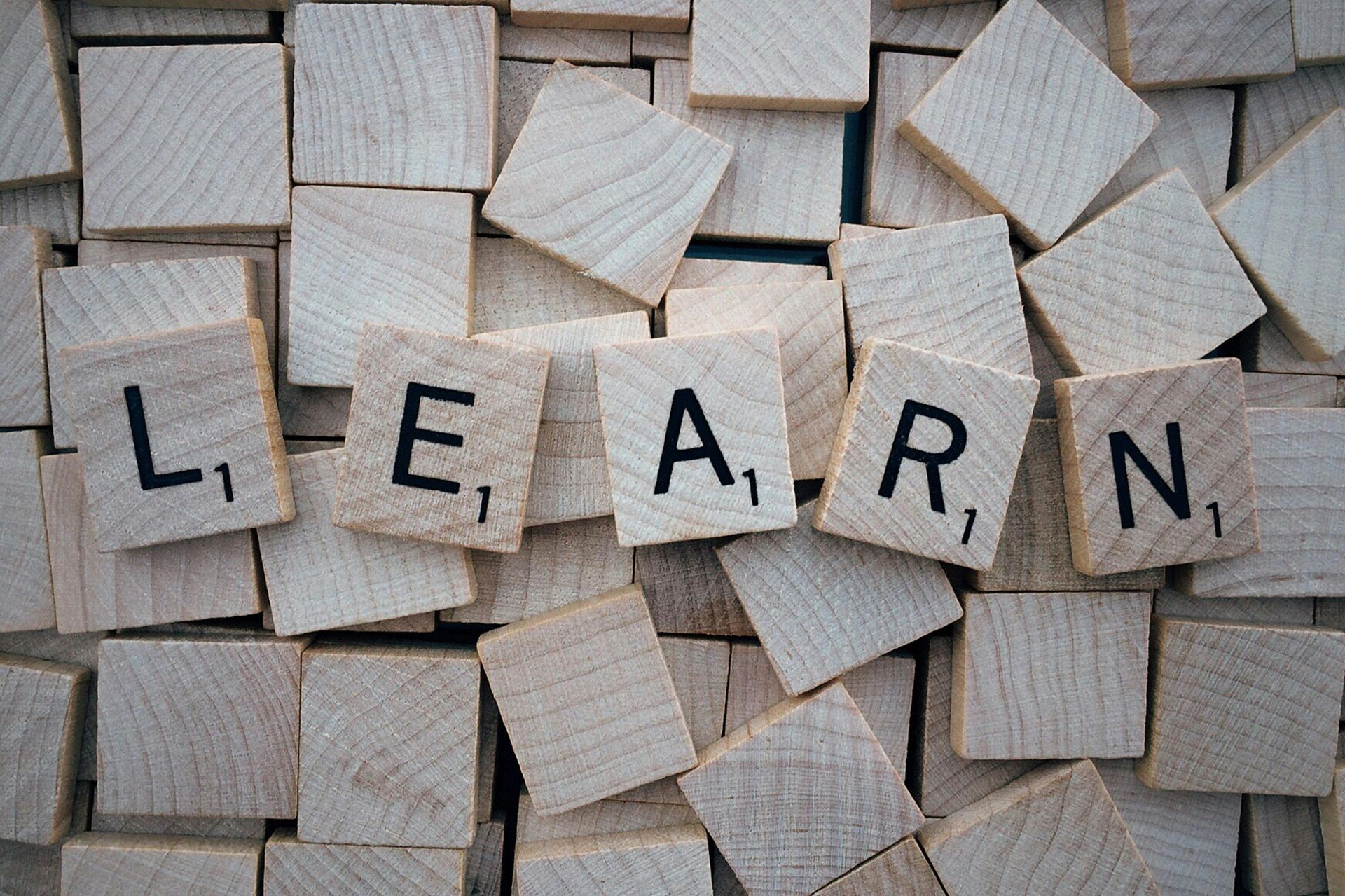The current situation with assessing qualifications
Simon Linard • April 21, 2020
What is current?
There seems to be a great deal of confusion about the current qualifications
available for assessors, with lots of mixed and sometimes inaccurate information provided to people. This post sets out to clarify a few things:
What is current? What no longer exists? Do you need to update? How you can upgrade.
The qualifications available
At present there is suite of assessing qualifications
available, with specific pathways for different types of assessing. These pathways include routes into assessments that are either completed in the workplace, or a vocational context - such as a course or training programme.
The current assessing qualifications:
There may be industry specific assessor training
you may need to undertake to be approved and accredited to assess, it is worth looking at your own sector for this, but if it's qualification you need the list above is perfect.
What no longer exists
The A1
(Assessing Candidates Using a Range of Methods) qualification no longer exists, so you can't take it!
Lots of people still think this qualification is in circulation but it ceased to be offered back in 2010 (when the list above were introduced).
Similarly the D32 / D33
(D32 Assess Candidate Performance. D33 Assess Candidates Using Different Sources of Evidence) units no longer exist.
TAQA is not a qualification
Just to be clear, TAQA
(Training, Assessment, Quality Assurance) is not a qualification.
It is the name (acronym) name used by one of the large Awarding Organisations to group the current suite of assessing and quality assurance qualifications together, but it is not a qualification.
So you can't 'get your TAQA' but you can get a training, assessing, internal or external quality assurance qualification.
Do you need to update?
You probably don't need to update
if you hold an assessing qualification (D32/D33, A1 or one of the current qualifications), although there are a couple of "depends" based on what you assess.
If you would like to upgrade your qualification and would like a shiny, new, up to date qualification, we can help.
We provide a variety of options, either through using Recognition of Prior Learning and providing you with a programme based on your experience, or through our range of qualifications delivered online, face to face or via blended learning. To find out more and for a free consultation contact us.
The Education and Training Foundation (who have taken ownership of the standards / qualifications from LSIS and previously LLUK) have recently announced that the review of the current qualifications has been postponed (due to COVID19) and registrations have been extended to July 2021.
CPD is King / Queen
Regardless of the qualification you hold, you must maintain your continuous professional development
(CPD) and remain up to date with current teaching, training and assessment practice. By maintaining your professionalism and keeping up to date (ensuring that you evidence it) the historic qualification you took can remain acceptable.
Good and varied CPD
can enable you to remain up to date - read the current assessing standards, attend an update event or Awarding Organisation assessment training day, read books and publications, talk to other Assessors or just make sure that if you are currently assessing to you receive support, guidance and updates from an IQA (Internal Quality Assurer).

The Importance of Assessor Qualifications in Workplace Training In today's fast-evolving business landscape, employers need effective workplace training as it is essential for maintaining a competitive edge. A critical component of this training process is the use of workplace assessment. Workplace Assessors are technical experts and industry professionals responsible for evaluating employees' competencies and ensuring training programmes meet industry standards. To maintain credibility and effectiveness, it is imperative that workplace Assessors possess a recognised assessing qualification .

Using Professional Discussion as an Assessment Method: A Guide for Assessors Professional discussion is an effective and versatile assessment method that allows learners to demonstrate their knowledge, skills, and links to competencies in a structured, yet flexible, manner. This method is widely used across various industries, particularly in vocational and competency-based education, where learners need to showcase practical expertise beyond written work and evidence.

The Level 5 Diploma in Education and Training (known as the DET) is the current, up to date Level 5 teaching qualification. This was introduced in 2014 and replaced the Level 5 Diploma in Teaching in the Lifelong Learning Sector (DTLLS). The DET sits within the Education and Training suite of qualifications, alongside the Level 3 Award in Education and Training (AET) and the Level 4 Certificate in Education and Training (CET). The Level 5 Diploma in Education and Training has been and still is a very flexible and valuable qualification for vocational Teachers, Trainers and Tutors to gain, opening up opportunities for employment and linked to QTLS. The structure of the qualification units provides bespoke pathways for learners to follow, based on their own role or how they want to develop.












